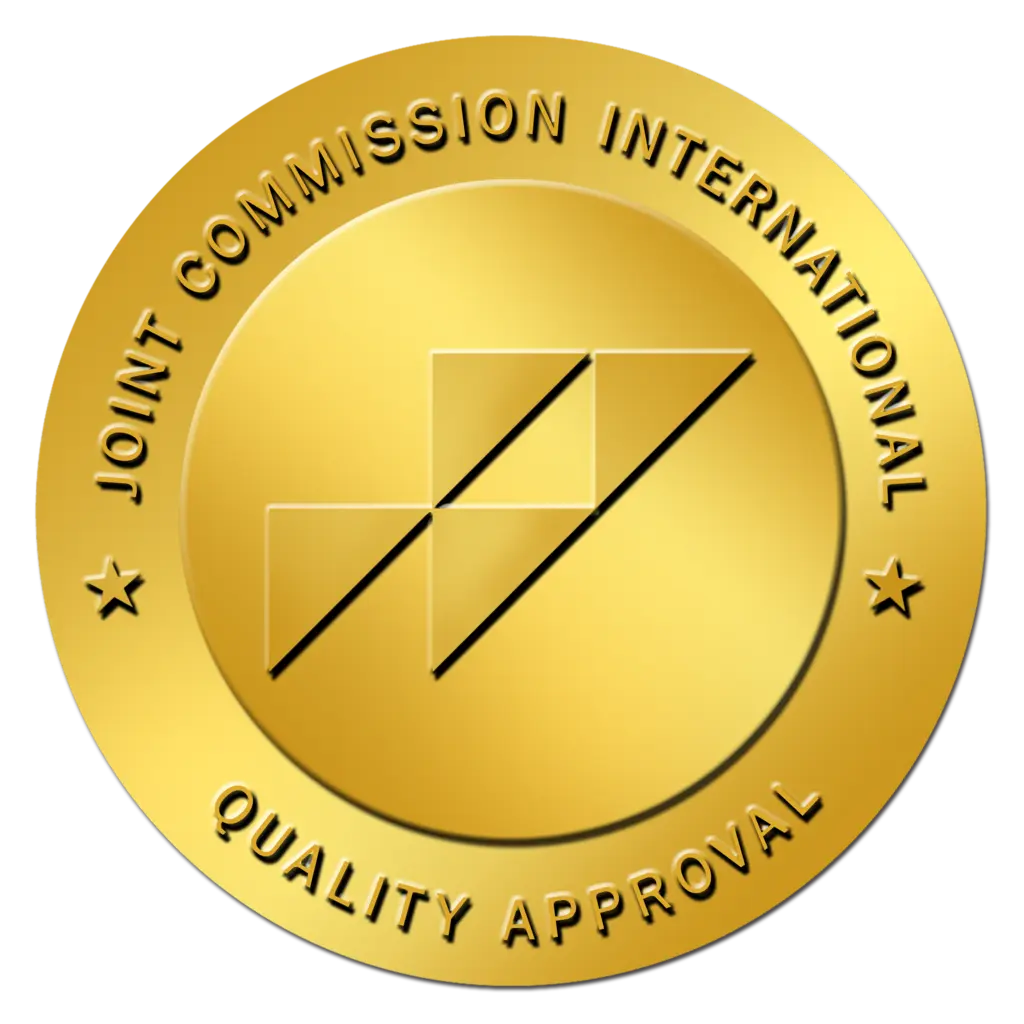What is Orthopedic Surgery?

Orthopedic surgery is a medical specialty that focuses on the diagnosis, treatment, prevention, and rehabilitation of injuries, disorders, and diseases of the musculoskeletal system, which includes bones, joints, ligaments, tendons, and muscles.
Orthopedic surgeons are highly trained medical professionals who use a variety of surgical and non-surgical techniques to help patients regain mobility, reduce pain, and improve their overall quality of life.
In which cases orthopedic surgery is required?
Orthopedic surgery may be required for a variety of reasons related to injuries, disorders, or diseases of the musculoskeletal system. Some common reasons why orthopedic surgery may be required include:
- Joint pain or stiffness that limits mobility and affects quality of life, such as in the case of arthritis or degenerative joint disease.
- Traumatic injuries, such as fractures or dislocations, that require surgical repair to realign and stabilize the affected bones or joints.
- Torn ligaments or tendons that require surgical repair to regain strength and function.
- Spinal conditions, such as herniated discs, spinal stenosis, or scoliosis, that may require surgical intervention to relieve pain and improve mobility.
- Sports injuries, such as ACL tears or rotator cuff injuries, that require surgical repair to restore function and prevent further damage.
- Congenital conditions, such as clubfoot or hip dysplasia, that require surgical correction to improve mobility and prevent further complications.
Orthopedic surgery is usually considered after other non-surgical treatments, such as medication, physical therapy, or lifestyle changes, have been unsuccessful in relieving symptoms or improving mobility. Orthopedic surgeons work closely with patients to determine the best treatment options based on their individual needs and goals.
The sub-titles of diseases that will require orthopedic surgery can be listed as follows;
- Arthroplasty surgery (joint prostheses)
- Sports traumatology
- Lengthening and leg inequalities
- Pediatric orthopedics and traumatology
- Hand surgery and microsurgery
- Knee surgery and arthroscopic surgery
- Shoulder and elbow surgery
- Orthopedic oncology
- Foot and ankle surgery
- Bone Inflammation (Osteomyelitis) treatment
Some Common Orthopedic Procedures Include
Orthopedic surgeons are highly trained medical professionals who use a variety of surgical and non-surgical techniques to help patients regain mobility, reduce pain, and improve their overall quality of life. Some common orthopedic procedures include:
Joint replacement surgery: This involves removing damaged or diseased joint tissue and replacing it with a prosthetic implant made from metal, plastic, or ceramic.
Arthroscopy: A minimally invasive surgical technique that involves inserting a small camera into the joint to diagnose and treat a variety of joint-related conditions.
Fracture repair: This involves realigning and stabilizing broken bones using metal pins, plates, screws, or rods.
Spinal surgery: This includes a wide range of procedures to treat spinal conditions such as herniated discs, spinal stenosis, and scoliosis.
Sports medicine: This involves the diagnosis and treatment of injuries and conditions related to athletic activities, such as ACL tears and rotator cuff injuries.
Orthopedic surgery is often used as a last resort when other non-surgical treatments, such as physical therapy, medication, or lifestyle changes, have not been effective. Recovery time and success rates vary depending on the specific procedure and the patient’s individual circumstances. However, with proper care and rehabilitation, many patients are able to regain their mobility and enjoy a better quality of life after orthopedic surgery.
Frequently Asked Questions About Scoliosis Surgery (FAQ)
Orthopedic surgery can include a wide range of procedures, including joint replacement, spinal surgery, fracture repair, sports injury repair, and more.
Your surgeon will provide you with specific instructions on how to prepare for your surgery, but generally, you will need to stop eating and drinking before the surgery, arrange for transportation to and from the hospital, and make any necessary accommodations at home for your recovery.
Recovery from orthopedic surgery can vary depending on the type of surgery and your individual circumstances, but you can generally expect to experience some pain and discomfort, as well as limitations on your mobility and activities. Your surgeon will provide you with specific instructions on how to care for yourself during the recovery period, including any physical therapy or rehabilitation exercises you may need to do.
Recovery times can vary widely depending on the type of surgery and your individual circumstances, but you can generally expect to need several weeks or months to recover fully. Your surgeon will be able to provide you with a more specific estimate based on your individual circumstances.
As with any surgical procedure, there are some risks and complications associated with orthopedic surgery, including infection, bleeding, nerve damage, and more. Your surgeon will discuss these risks with you before the surgery and take steps to minimize them as much as possible.
Why Lokman Hekim Health Group?

Lokman Hekim Health Group Istanbul Hospital
Lokman Hekim Health Group, equipped with the latest technology and experienced doctors with 30 years of international medical experience, offers first-class health services in all the branches you need.
As Lokman Hekim Health Group, one of the leading healthcare service brands in Turkiye, we are with you at every point you need, in every step you need to take advantage of our service, in order to provide first-class quality healthcare to our international patients and to maximize patient satisfaction.
To take advantage of our competitive prices please contact us now.
Why Türkiye?

Istanbul the capital of Turkey, eastern tourist city.
Turkiye is in the top 5 among the most popular destinations in the field of medical tourism due to its hospitals with advanced medical technology and well-trained and qualified medical staff. It has become a more preferred location compared to other health tourism locations, especially because Turkiye offers high-quality health services at an affordable price.
You can easily travel to Turkiye, which geographically combines Europe and Asia, no matter which continent you come from. In addition, according to your health status, you can organize touristic trips before or after your treatment or take advantage of shopping opportunities in Turkiye.




